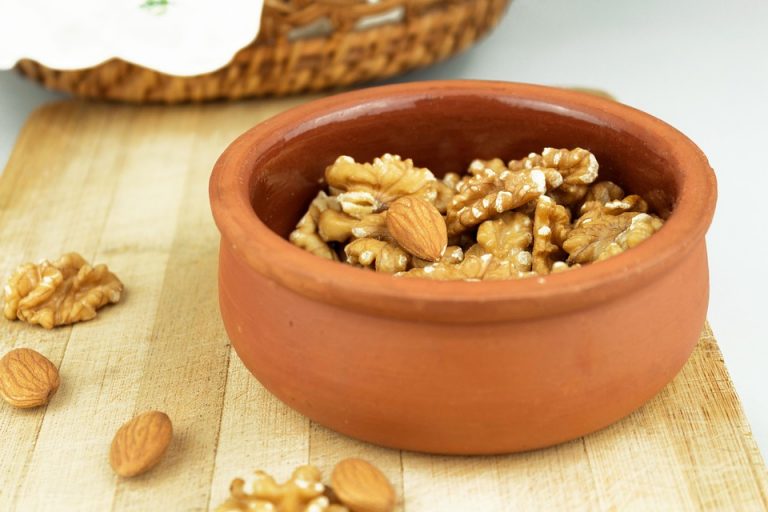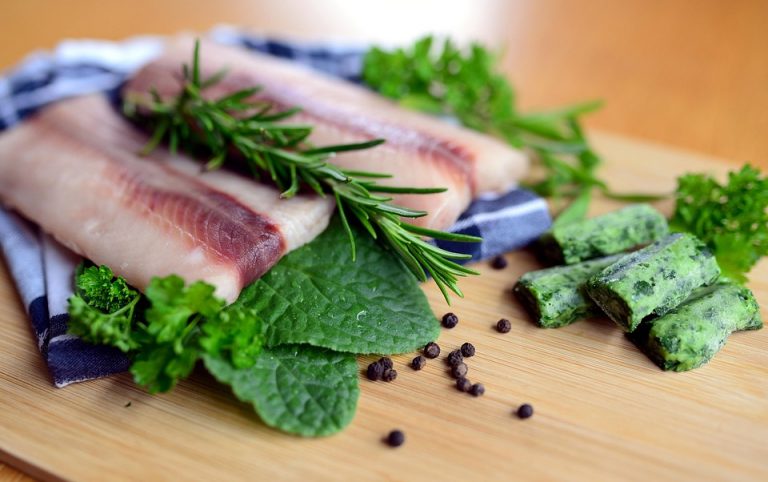Did you know that coconut water isn’t just a refreshing drink for hot summer days? It’s gaining traction as a health booster, especially when it comes to supporting our tendons. If you’re like me, you might be surprised to learn that this tropical beverage can play a role in tendon health. But how exactly does coconut water contribute to stronger tendons? Let’s dive into the juicy details!
Contents
1. Rich in Electrolytes
Coconut water is often touted as a natural sports drink, and for good reason. It’s packed with electrolytes like potassium, sodium, and magnesium. These minerals are essential for muscle function and can help prevent cramps and spasms, which is crucial for maintaining tendon integrity during physical activity.
The Science Behind It
Electrolytes help regulate nerve signals and muscle contractions. A study published in the Journal of the International Society of Sports Nutrition highlights how proper hydration and electrolyte balance can enhance muscle performance (Maughan & Burke, 2012). When your muscles are functioning optimally, your tendons also benefit. Stronger muscles lead to reduced strain on the tendons, which can help prevent injuries.
Real-World Application
If you’re an athlete or someone who exercises regularly, incorporating coconut water into your post-workout routine can be a smart move. It’s low in calories and contains natural sugars, making it an ideal choice for rehydration without the added artificial ingredients found in many sports drinks.
2. Anti-Inflammatory Properties
Chronic inflammation can lead to tendon degeneration, making it crucial to include anti-inflammatory foods in your diet. Coconut water contains several bioactive compounds, including cytokines, which have been shown to have anti-inflammatory effects.
Research Insights
A study in Food Chemistry found that coconut water has antioxidant properties that combat oxidative stress, which is often linked to inflammation (Raghavendra & Rao, 2011). By reducing inflammation, coconut water can help maintain tendon health and promote quicker recovery after injury.
Practical Takeaway
If you’re recovering from a tendon injury or just looking to support your tendon health, consider sipping on coconut water regularly. Pair it with a balanced diet rich in fruits and vegetables to maximize its anti-inflammatory benefits.
3. Hydration and Joint Lubrication
Proper hydration is key to maintaining joint health and function. Coconut water’s high water content—about 94%—makes it an excellent choice for staying hydrated.
Why It Matters
When your body is well-hydrated, synovial fluid in your joints remains at optimal levels. This fluid acts as a lubricant, reducing friction and wear on tendons. A well-hydrated body can better absorb the shock and stress placed on tendons during physical activities.
Tips for Optimal Hydration
Make coconut water a staple in your hydration routine, especially during hot days or intense workouts. Mixing it with a bit of lemon or lime can enhance the flavor and provide additional vitamin C, which is essential for collagen production—a key component of tendon health.
4. Nutrient Density
Coconut water is not just about hydration; it’s also packed with essential nutrients. It contains vitamins B and C, as well as essential amino acids that play a role in tissue repair and growth.
Nutritional Benefits
Vitamins and minerals found in coconut water can support tendon health in various ways. For instance, vitamin C is critical for collagen synthesis, which is vital for tendon strength. A study published in Nutrition Journal emphasizes the importance of vitamin C in collagen formation and overall tendon health (Carr & Frei, 1999).
How to Incorporate It
Consider using coconut water in smoothies or as a base for salad dressings. This not only boosts the flavor but also enhances the nutrient profile of your meals.
5. Natural Source of Antioxidants
Oxidative stress can lead to tendon degeneration and injury. Coconut water is rich in antioxidants, which help neutralize free radicals in the body.
The Role of Antioxidants
Antioxidants play a crucial role in protecting tissues from damage. A study published in the Journal of Medicinal Food highlights how antioxidants can help reduce the risk of tendinopathy and other tendon-related issues (Zhang et al., 2015). By incorporating coconut water into your diet, you may be giving your tendons an extra layer of protection.
Simple Ways to Enjoy Coconut Water
Drink it straight from the coconut for a refreshing treat, or mix it into your favorite recipes. The versatility of coconut water makes it easy to include in your daily routine, whether you’re blending it into smoothies or using it in cooking.
FAQs
1. Can coconut water replace sports drinks?
Absolutely! Coconut water is a natural alternative to commercial sports drinks, providing essential electrolytes without added sugars and artificial ingredients.
2. How much coconut water should I drink for tendon health?
While there’s no specific dosage, incorporating 1-2 cups of coconut water into your daily routine can help you reap its benefits without overdoing it.
3. Are there any side effects of drinking coconut water?
For most people, coconut water is safe to drink. However, excessive consumption may lead to digestive issues due to its high potassium content. It’s always best to enjoy it in moderation.
4. Can I use coconut water for cooking?
Definitely! Coconut water can be used in various recipes, from smoothies to soups, adding a unique flavor and nutritional boost to your meals.
Conclusion
Coconut water is more than just a refreshing drink; it’s a powerhouse of nutrients that can support tendon health in various ways. From its electrolyte content to its anti-inflammatory properties, this tropical beverage is worth including in your diet, especially if you’re active or recovering from an injury.
As research continues to uncover the benefits of coconut water, it’s clear that this natural elixir can play a role in maintaining strong, healthy tendons. So, the next time you reach for a drink, consider coconut water as your go-to choice for hydration and tendon support.
This article is for educational purposes only and is not a substitute for professional medical advice. Always consult a qualified healthcare provider before making changes to your health routine.
References
-
Carr, A. C., & Frei, B. (1999). Toward a new recommended dietary allowance for vitamin C. The American Journal of Clinical Nutrition, 69(6), 1086-1093. https://doi.org/10.1093/ajcn/69.6.1086
-
Maughan, R. J., & Burke, L. M. (2012). Sports drinks: the science and controversies. Journal of the International Society of Sports Nutrition, 9(1), 1-10. https://doi.org/10.1186/1550-2783-9-1
-
Raghavendra, R., & Rao, M. V. (2011). Nutritional and therapeutic potential of coconut water. Food Chemistry, 126(2), 685-688. https://doi.org/10.1016/j.foodchem.2010.11.022
-
Zhang, Y., et al. (2015). Antioxidant activity of coconut water and its role in the prevention of exercise-induced oxidative stress. Journal of Medicinal Food, 18(5), 533-538. https://doi.org/10.1089/jmf.2014.3391
Get Your FREE Natural Health Guide!
Subscribe now and receive our exclusive ebook packed with natural health tips, practical wellness advice, and easy lifestyle changes, delivered straight to your inbox.





